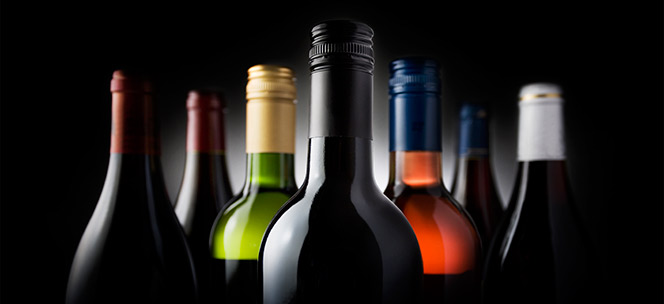On alcohol, it’s time to truly treat Ontarians as adults

It’s hard to know for sure, but the sky probably wouldn’t fall if a group of friends in Kenora could pick up a bottle of whisky after 6 p.m.
Unless he views that risk differently, Premier Doug Ford should be thinking about the logical next step after he announced plans to end just half of Ontario’s alcohol monopoly.
Make no mistake: Ford’s decision to end Ontario’s special deal with the Beer Store and open up the sale of beer, wine and cider in corner stores and at grocery stores is a good thing.
But Ford still plans to leave the LCBO as the exclusive wholesaler for bars, restaurants and retailers. And anyone wanting booze other than beer, wine and cider is still going to have to go to a government-run LCBO store to get it.
If they can find one that’s open after the workday, that is.
Consumers intuitively know that government doesn’t need to be involved every time someone wants to buy a bottle of Canadian Club.
In Alberta, Saskatchewan, or south of the 49th parallel, whisky aficionados have a great selection of stores that are convenient, carry more products and are open longer hours.
But here in Ontario, everyone has to go to the government-run LCBO.
Ontarians would love to be able to pick up some drinks at a liquor store around the corner, and ideally after the workday is over. Yet throughout most of the province, those consumers are out of luck.
Take the city of Kenora.
There’s just one LCBO in the entire town. That means the 16,000 people who live in Kenora, plus anyone in surrounding areas, are stuck driving to a single liquor store.
Yorkton, Saskatchewan, has the same population as Kenora. Yet because the government in Saskatchewan no longer runs liquor stores, there are five different stores where folks in Yorkton can pick up a bottle of whisky.
In terms of hours, there’s another stark contrast.
The LCBO in Kenora closes at 6 p.m. every day of the week other than Fridays. Yorkton’s liquor stores are open until 10 p.m.
Shouldn’t someone in Kenora be able to pick up a bottle of booze after finishing a normal workday?
Ask yourself why we live in this bizzarro world. Prohibition has been over for a while now. Why won’t the government finally put an end to this senseless monopoly and war on convenience?
The reason Ford is clutching at his pearls and saving the LCBO isn’t because he thinks the government can run a more efficient or convenient alcohol store than a local business could.
It’s because he wants the dough.
Your dough.
In 2022, the LCBO delivered a $2.5 billion wad of cash to Queen’s Park, built upon a 33 per cent profit margin.
That’s in addition to the hundreds of millions of dollars the government already collects in alcohol taxes.
The LCBO sells alcohol at steep markup and uses the cash to pad provincial coffers.
That’s what Ford and his pals at Queen’s Park don’t want to give up.
But that’s nonsense. The province doesn’t sell cigarettes or weed, but it collects big tax revenues on their sale. Is anyone really worried any government will ever have trouble taxing alcohol?
When Ford announced the end of the province’s special deal with the Beer Store, he played up the convenience and maturity factors.
“People are excited they’re going to have the same choice and convenience as other Canadians and other people right across the world to buy a case of beer or a bottle or wine,” said Ford. “They’re excited to hear they’re finally going to be treated as adults.”
Yet at the very same time, following questions from the media, Ford said his government would “never, ever” put an end to the LCBO monopoly.
That’s silly. Does Ford really think government monopolies are bad for beer and wine, but good for whisky and gin? He can’t be promoting convenience and maturity on the one hand and stonewalling it on the other.
But that’s exactly what he’s trying to do.
Consumers shouldn’t let him.
It’s time to demand that Ford treat Ontarians as adults when it comes to alcohol. Not just some of the time and with some products, but all of the time and with all products.
It’s time to end the LCBO monopoly.